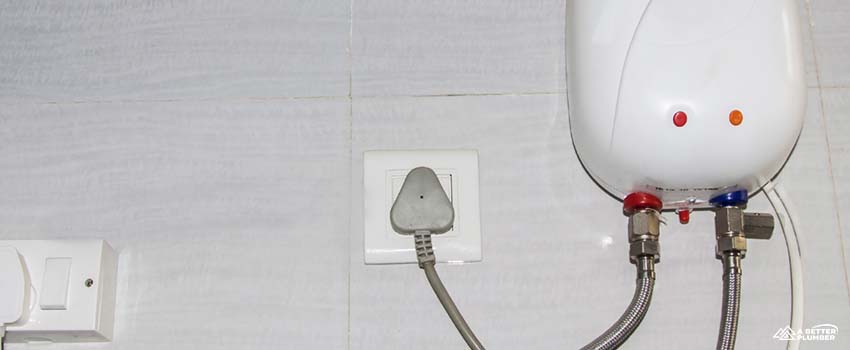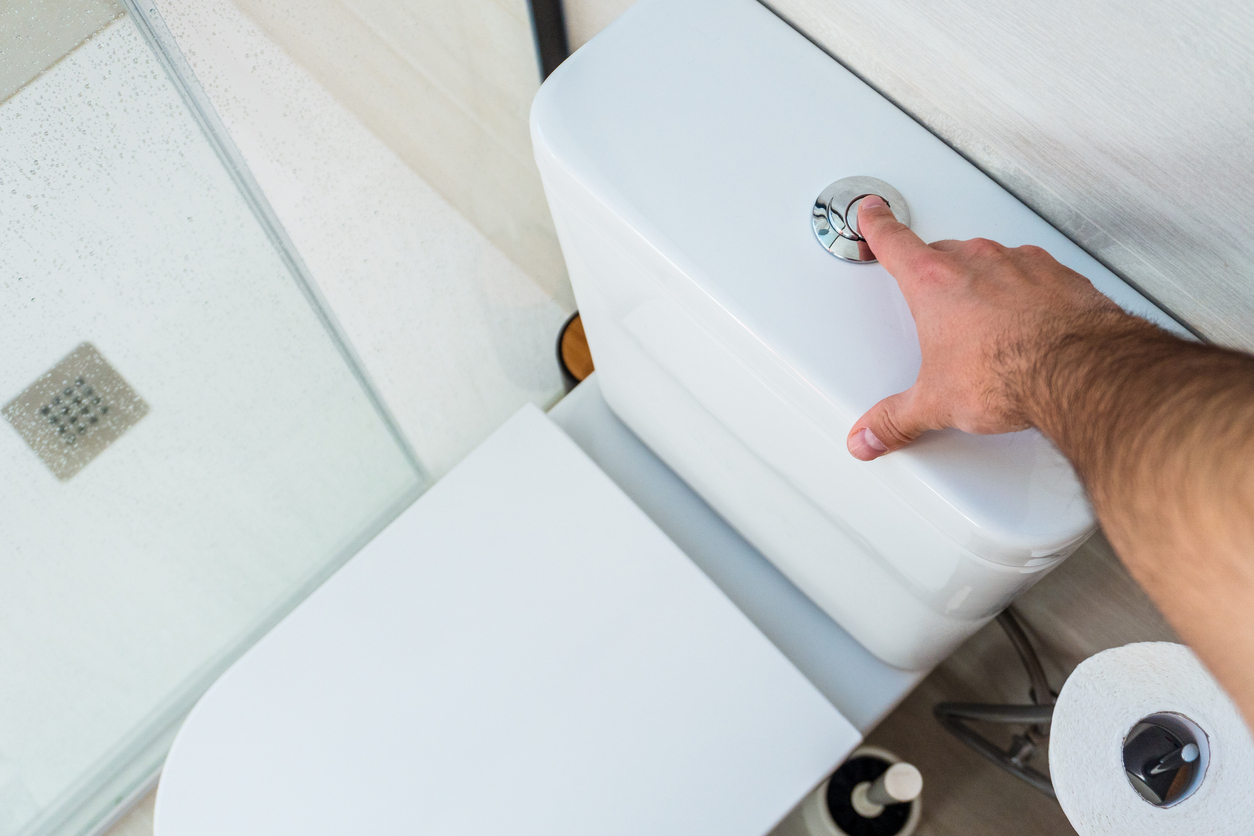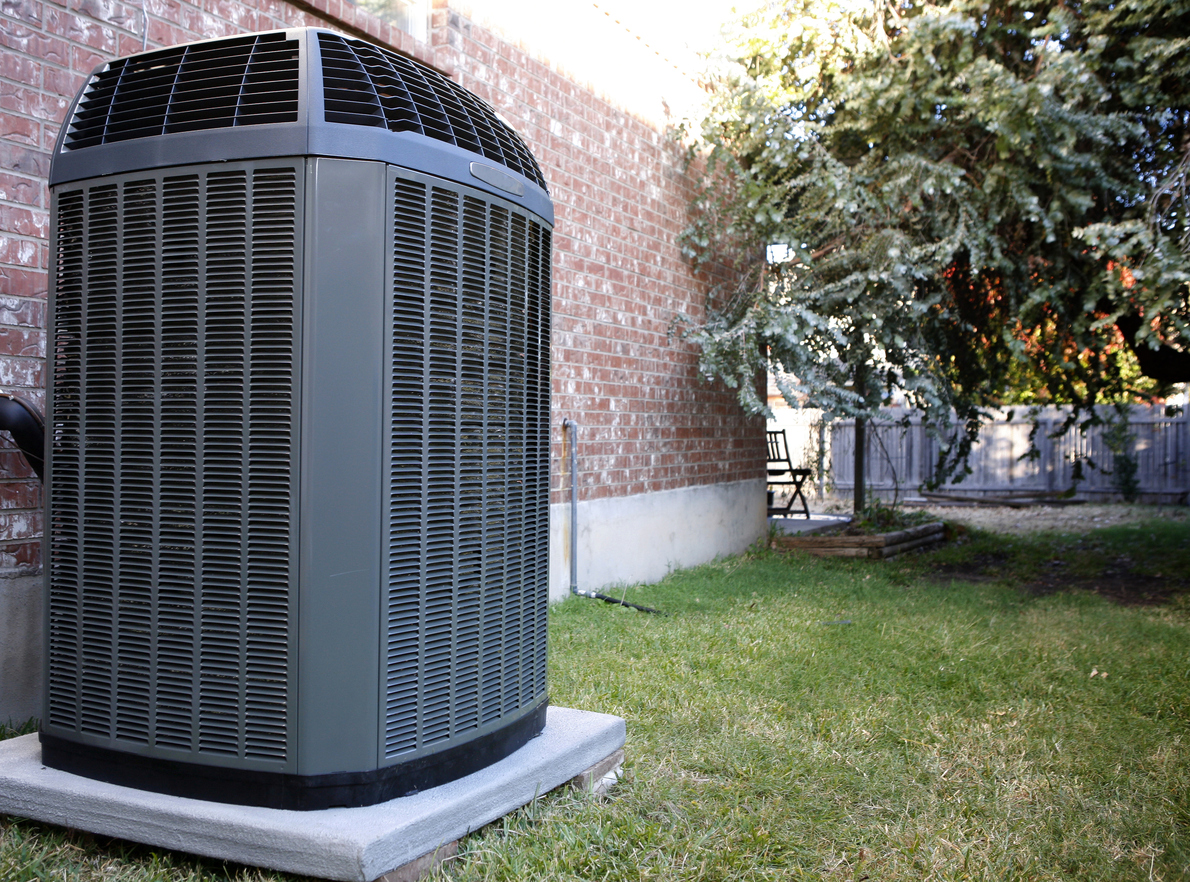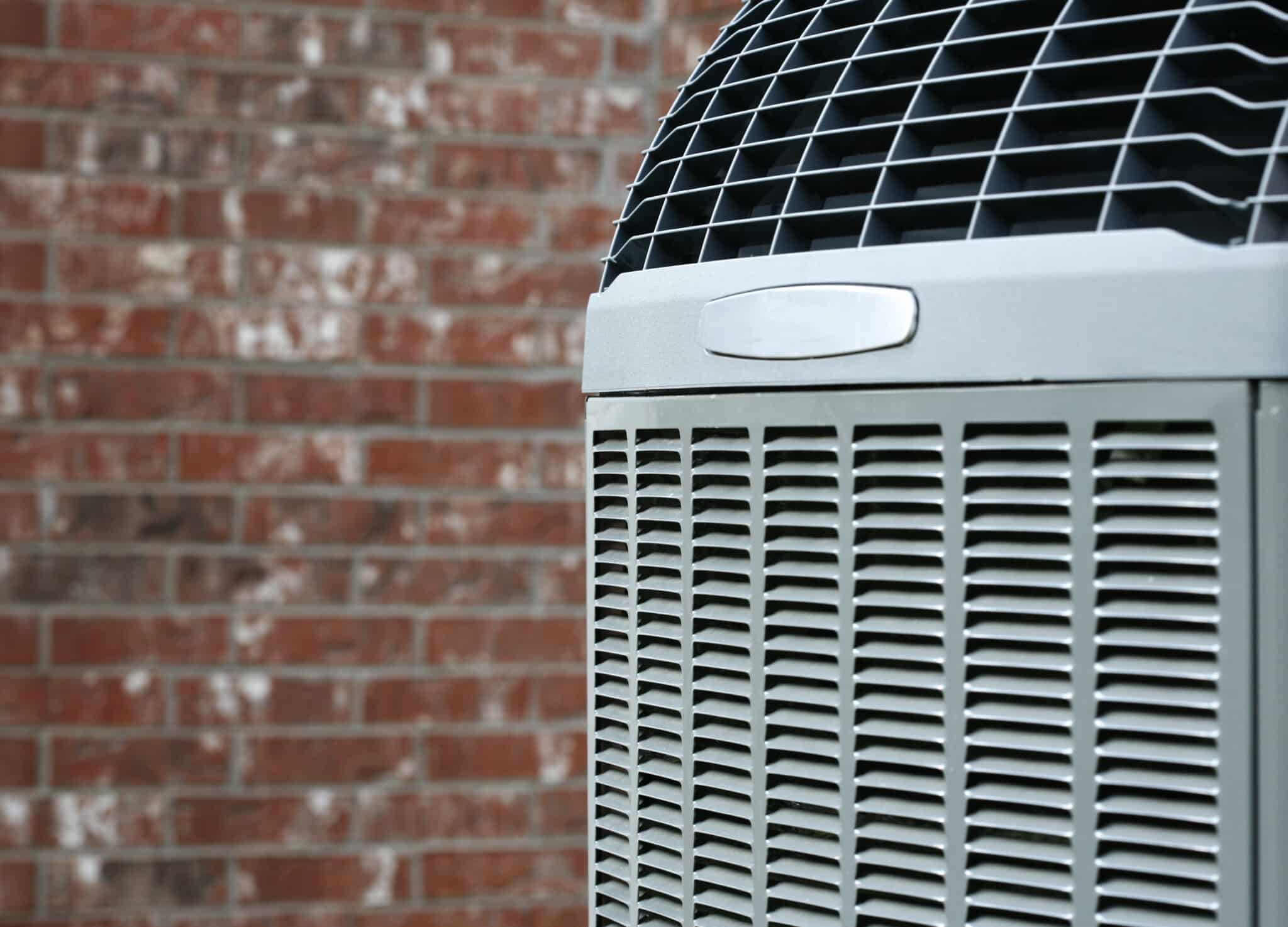How To Keep a Water Heater From Freezing in Winter
In winter, water heaters play a crucial role in keeping you and your family warm. However, most homeowners only realize how important regular water heater maintenance is once they have a problem with the unit.
Especially during the winter, your water heater will have to work overtime to provide you with hot water, making it susceptible to wear and tear. Furthermore, the subzero temperatures that winter brings make old water heater models vulnerable to freezing, which makes the unit even more at risk of getting damaged.
Can Water Heaters Freeze in Winter?
The answer will depend on the type of heater that you have at home. Both a tankless water heater and a tanked water heater can freeze. If your water heater runs on electricity, it won’t freeze unless the electric supply is cut. Propane water heaters, on the other hand, won’t freeze as well unless the gas is used up.
It is also important to keep in mind that water freezing inside your heater is rare due to the large thermal bulk and structural insulation mechanisms installed in every unit. Nevertheless, you should still be wary about the water your pipes bring to the heater because this can freeze during transit when the temperature drops.
Ways To Prevent Frozen Water Heaters
Old Man Winter can be cruel to plumbing systems and your appliances, including a tankless water heater. If proper precautions are not taken, your heater could be icy. Thus, it would be best if you considered the following to protect your unit:
1. Drain the Unit
Draining water heaters is recommended at least once yearly to keep them running efficiently and prolong their lifespan. The amount of water your tank can hold can be reduced due to sediment buildup, which can eventually affect the efficiency of the heater.
Draining the heater tank can help avoid the unit from freezing in colder weather. Many people do this when they spend winter away from home. To drain your heater, first, turn off the chilled water system and the gas pipeline. After that, turn off the temperature control and cut off the electricity to the water heater. To prevent water from leaking, place a container under the heater after the power has been turned off. The next step is removing the hot and cold isolation valves and the drain covers. After this, you can release the valves to drain any remaining water.
2. Insulate the Pipes
Water heaters are not the only thing at risk of winter freezing. While many have anti-freeze protection systems, they don’t protect the connecting pipes. For this reason, frozen pipes of a water heater are pretty common during winter. Furthermore, insulating the pipes makes it much easier for your heater to do its work, which can result in lower energy costs.
3. Keep the Heater Warm
Even though installing a heater inside a heated space is not always possible, this is recommended as it can help prevent freezing in the winter months. If you have to install the unit outdoors, vent terminations can be added to increase wind resistance. For this to be effective, place the vents away from the direction of the wind.
4. Plug the Heater
To ensure that the freeze protection system of your heater works, it must be connected to an electric power source. This doesn’t necessarily mean that the unit must always be turned on. Keeping it plugged in should be enough. However, if you live in an area that is often affected by power outages, it is a good idea to have a backup battery.
5. Use a Recirculation System
Recirculation systems are the best way to stop water from freezing in pipes or water heaters. These are built into several heater models, providing hot water at a quicker rate and a steady supply through the pipes.
Recirculating water heaters are quite popular in cold regions. These have the added benefit of not wasting water to get them hot. They allow your heater to pump warm water continuously into your home during winter. The only drawback of a recirculated heater is that this is more expensive than a traditional unit, mainly because it provides a valuable preventative feature.
6. Check the Temperature
Water heaters should maintain a temperature between 115 and 120 degrees Fahrenheit. A few degrees lower will help you save money on your monthly bill, but if this goes up higher than 125 degrees, scalding can occur.
7. Inspect the Relief Valve
As a safety measure, both electric and gas water heaters have built-in pressure relief valves. Their role is to release pressure if the heater gets too hot. To check if the valve is working, lift the device halfway. This should snap back into position when it is released. If this does not happen, contact a professional to have your pressure relief valve inspected.
8. Get a Freeze-Proof Heater
If you have heaters that still freeze in cold temperatures, you likely have an old model. Advanced heaters come with water heater freeze protection features that effectively prevent the connected pipes from freezing.
Some units also have secondary anti-freeze sensors that detect when the heater temperature falls below the freezing point. These activate the heaters to thaw mode even if there are no running taps.
9. Install a Solenoid Valve
This valve is designed to stop your water heater from freezing. If the power supply is cut off, the valve will open automatically and let the water out.
Key Takeaway
Frozen water heaters are not something you would want to deal with, especially in winter. However, this can be prevented if you maintain your unit regularly, follow a water heater maintenance checklist, and take several safety precautions. Without these preventative steps, your heater will work harder during the cold season. This could lead to a unit breakdown, and you will likely have the appliance repaired or replaced.
Let Absolute Electrical Heating and Air help you keep your water heaters from freezing this winter.
Although many of the best water heaters have built-in water heater freeze protection, there’s a still a lot of homeowners who have older models. If you’re one of them, Absolute Electrical Heating and Air can help you keep those units effectively freeze-free.
Simply reach out to our professional plumbers for your needs in plumbing in Denver, CO, including if you’re concerned about the performance of your heater during the cold months. Call now for inquiries and quotations.
CONTACT US
Request Service


Save Every Year with an Absolute Advantage Membership
Expert Annual System Safety Inspections & More
- Priority service
- Waived dispatch fees
- Yearly furnace, A/C, & electrical system inspections
- 10% discount on repairs and additional diagnostic services
- Up to $500 off HVAC & electrical panel replacements








